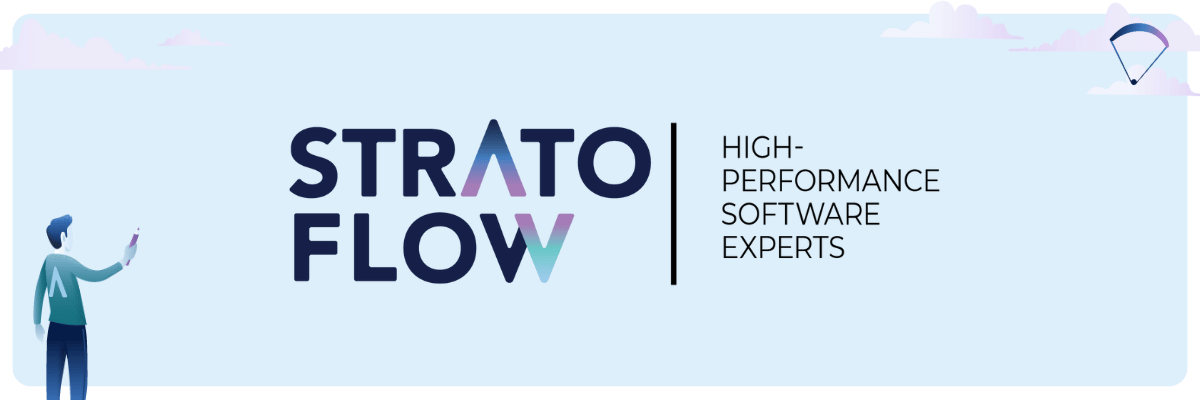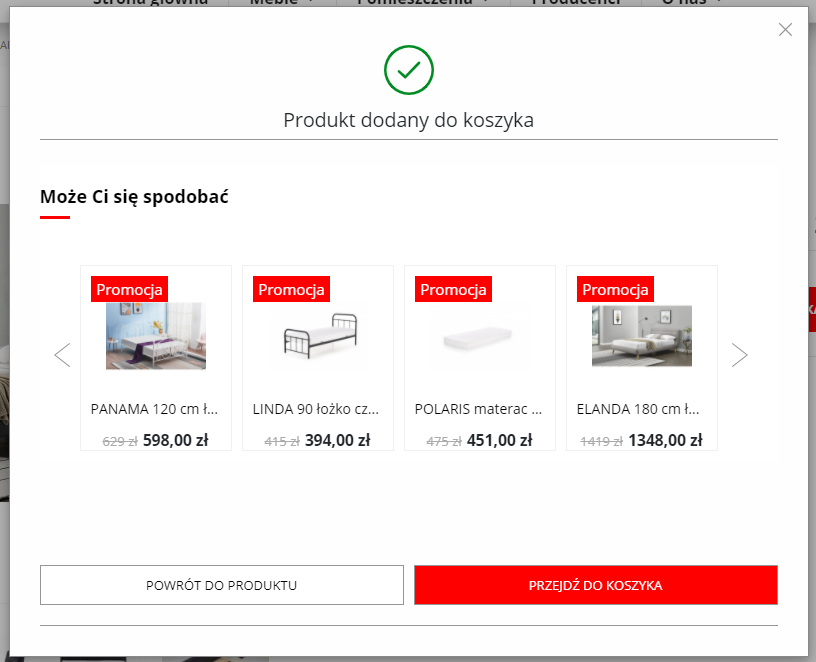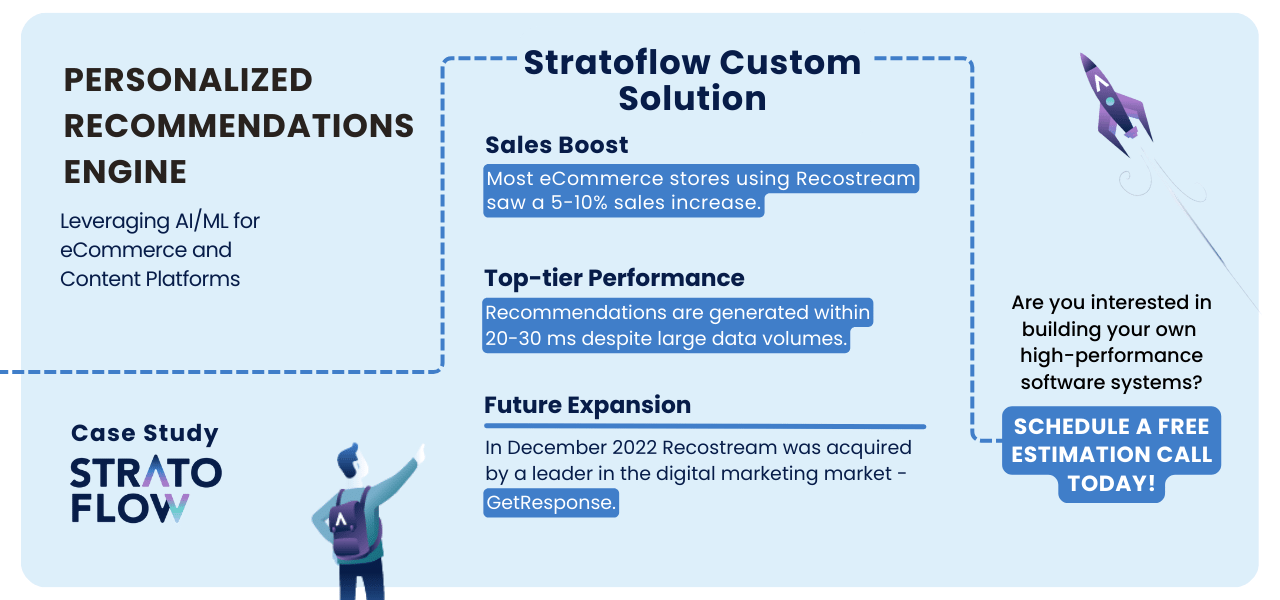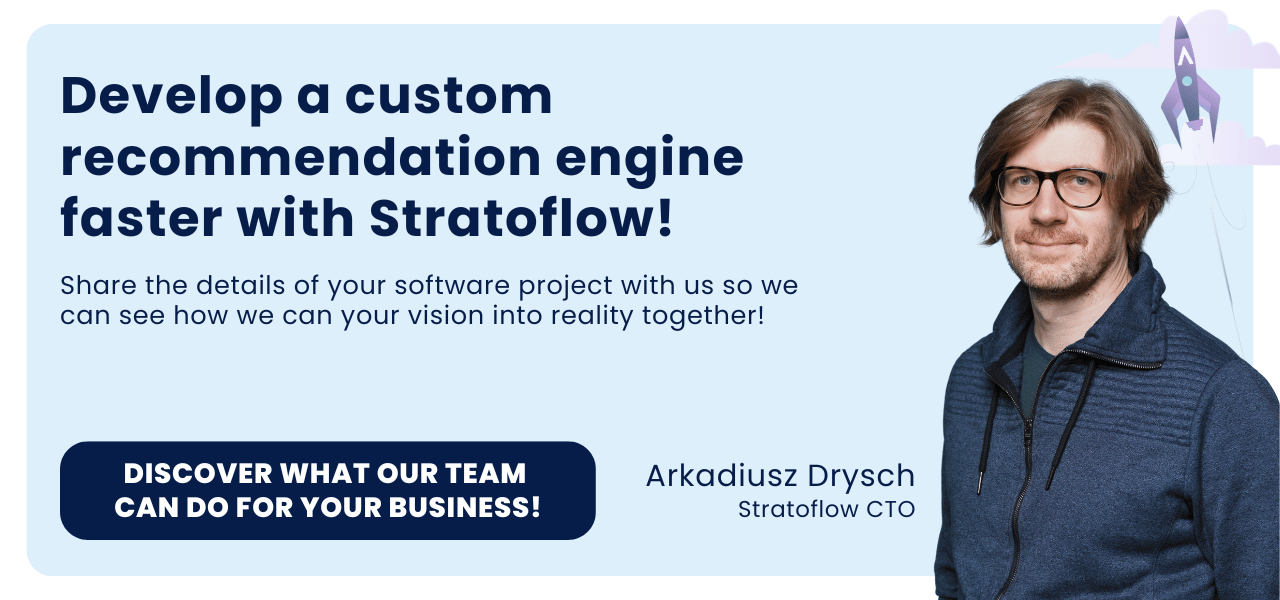
Complementary Products: A Way to Increase Your Online Store Sales
Are you looking to boost your online store sales and optimize your business?
Complementary products and recommendation engines are key strategies to achieve this.
By understanding when and where to show complementary items, leveraging data effectively, and employing personalized recommendations, business owners can enhance the shopping experience, increase average order values, and drive significant sales growth.
What are complementary products?
In e-commerce, complementary products are essential to enhancing the shopping experience and driving sales.
Often purchased with a primary product, these items are designed to enhance or complete the functionality of the primary product. They are usually related to or compatible with the product selected by a particular user.
For example, when a customer purchases a video game console, they may also purchase additional controllers, a gaming headset, or popular game titles.
These complementary products not only provide additional value to the customer, but also increase the overall transaction value for the retailer.

By strategically suggesting complementary items during the shopping process, e-commerce platforms can create a more personalized and convenient experience that encourages customers to make additional purchases.
This approach not only meets customer needs but also drives revenue growth, illustrating the powerful synergy between primary and complementary products in the digital marketplace.
Do you want to leverage complementary products to drive sales through smart cross-selling strategies?
Do it Through Custom AI-Driven Recommendation Engine!
What are weak complementary goods?
Weak complementary goods, on the other hand, are products that are used together but have a less direct or necessary relationship than strong complements.
These items provide added convenience or an enhanced experience when used together, but are not essential to each other’s functionality.
In e-commerce, recognizing weak complements allows retailers to offer a wider range of product suggestions, catering to different customer preferences and increasing the likelihood of additional purchases.
Complementary Goods vs. Substitute Products
Complementary goods and substitute products serve distinct roles in both consumer choice and e-commerce strategies.
Complementary goods are items that are used together, enhancing each other’s value and functionality.
One example of complementary goods are mobile phones and phone cases. The case enhances the value of the phone by providing protection, and the phone enhances the value of the case by giving it a purpose: a prime example of a complementary good.
Substitutes, on the other hand, are products that can replace each other by fulfilling the same need or function. For example, if a customer is considering buying an iPhone, they might also consider a Samsung Galaxy as a substitute (putting brand loyalty aside).
The key difference lies in their relationship and impact on demand.
Complementary goods exhibit negative cross elasticity of demand; when the price of one product decreases, the demand for its complement increases. Conversely, substitute products show positive cross elasticity of demand; a decrease in the price of one product leads to a decrease in demand for its substitute.
Recommendation Engine: Best Way of Displaying Complementary Goods Within Your Store
To effectively leverage complementary goods and use them to drive sales in an e-commerce store, custom recommendation engines are the right tool for the job.
These sophisticated tools analyze customer behavior, purchase history, and browsing patterns to suggest complementary products that align with individual preferences.
By seamlessly integrating these recommendations into the shopping experience, retailers can highlight relevant items that enhance the value of the main product, thus encouraging additional purchases.
Online shopping recommendation engines work by using algorithms and data analysis to identify products that frequently appear together in customer carts or are often bought together.
Implementing a recommendation engine allows e-commerce platforms to dynamically display complementary goods at various touchpoints, such as product pages, checkout processes, and personalized emails.
[Read also: Amazon Product Recommendation System: How Does Amazon’s Algorithm Work?]
Developing and Customizing Recommendation Engines
It’s worth noting that developing, customizing and implementing such recommendation engines to work seamlessly with a store’s software is a complex task that often requires professional expertise.
Stratoflow’s developers excel in this area and have the necessary skills and experience to create powerful, customized solutions.

One prime example of their expertise is Recostream, an AI/ML-powered recommendation engine developed by Stratoflow.
Recostream is designed to provide highly accurate and real-time product suggestions, significantly enhancing the shopping experience and boosting sales.
Recostream has proven its effectiveness by delivering significant results.
E-commerce stores implementing Recostream have seen a 5-10% increase in sales, demonstrating the engine’s ability to drive incremental purchases through personalized recommendations.
Recostream’s rapid data processing capabilities, which can return new recommendations within 20-30 milliseconds even under high event volumes, ensure that the shopping experience remains seamless and responsive.
But our expertise doesn’t end with the e-commerce market.
At Stratoflow, we can build recommendation engines for a wide range of industries, including:
- E-commerce
- Streaming services
- Online education
- Healthcare
- Finance
- Travel and hospitality
- Entertainment
See our full services and capabilities for yourself in the link below:
If you’re looking to implement a custom recommendation system tailored to your business needs, contact us today!
Our team of experts is ready to help you enhance your customers’ satisfaction and drive your sales with our bespoke solutions.
Why do Brands Use Complementary Products?
Incorporating complementary products and leveraging recommendation engines can significantly enhance a brand’s overall strategy. Here are the key reasons why brands utilize these tools:
- Boost Sales: Complementary products encourage customers to buy additional items that enhance the value of their main purchase. This strategy increases the average order value and overall sales, as customers are more likely to add related items to their cart when they are conveniently suggested.
- Improve Customer Experience: Offering perfect complements that work well together ensures that customers have everything they need for a seamless and satisfying experience. This can lead to higher customer satisfaction and loyalty, as customers appreciate the convenience of finding all necessary items in one place.
- Maximize Marketing Efficiency: By promoting complementary products together, brands can make their marketing efforts more efficient. Targeted suggestions of related items are more likely to result in additional purchases by the consumers, making marketing campaigns more effective and reducing wasted efforts.
- Enhance Product Appeal: Complementary items can make a primary product more attractive by highlighting its versatility and potential uses. This can help persuade customers to make a purchase by showing them the added value and benefits of buying related products.
- Foster Brand Loyalty: When customers find that a brand consistently meets their needs with well-matched product offerings, they are more likely to return for future purchases. This fosters long-term loyalty and repeat business, as customers trust the brand to provide a comprehensive shopping experience.
These strategies underscore the importance of complementary products in enhancing the overall value proposition for customers and driving sustained business growth.
[Read also: Spotify Recommendation Algorithm: What’s The Secret to Its Success?]
Best Ways of Displaying Complementary Products: Lessons Learned from Recostream
No matter if you are selling razor blades, DVD players, or game consoles, the key to effectively leveraging complementary products in your strategy lies in proper data collection, processing, and the strategic placement of recommended products within the store’s user interface (UI).
Understanding where, how, and why to display these complementary items can significantly enhance customer experience and drive sales.
When to show complementary products?
We should consider implementing the complementary product display feature if we realistically want to increase sales, average order value, and store conversion rate.
A primary goal of displaying complementary products is to effectively leverage cross-selling strategies.
By strategically timing the display of these items, you can significantly increase your e-commerce sales and optimize your business operations.
[Read also: Netflix Algorithm: How Netflix Uses AI to Improve Personalization]
Where to show complementary products?
Products displayed through personalized recommendation engines can be strategically placed in various locations on an online store page.
Statistics on the implementation of recommendation systems in online stores show that the placements with the greatest potential to increase revenue include:
- Product page
- Pop-up on the page of an unavailable product
- Pop-up after adding to cart
- Store home page
- Shopping cart
- Blog articles
When focusing specifically on complementary products and implementing a cross-selling strategy, the most effective placements are on product pages and in pop-ups after a product has been added to the cart.
This ensures that customers are presented with relevant suggestions at critical moments in their shopping journey, maximizing the likelihood of additional purchases.

Why to show complementary products?
AI recommendation engines that display complementary products can significantly increase online store sales and improve key metrics in a short period of time.
According to McKinsey research, the implementation of cross-selling and offers with complementary products can increase sales by 20% and profits by 30%.
What’s more, Invespo also found that personalized complementary product offerings, while only accounting for 7% of website visits, account for 26% of revenue.
Related Posts
Thank you for taking the time to read our blog post!


